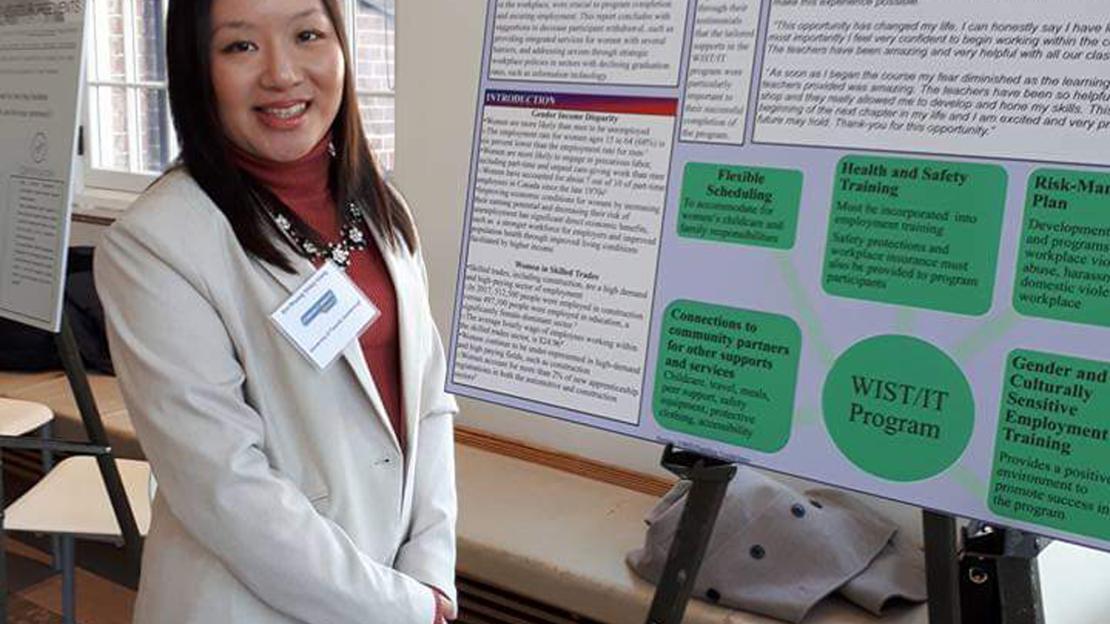It was during a co-op placement with Ontario Public Service that Vicky Vuong first realized the impact of policy making in shaping peoples’ lives – especially when it comes to access to social and health services.
One of her roles was evaluating the impacts of policy and programs for women in Ontario, a job that sparked her interest in finding other work opportunities in public policy.
“My lifelong goal is to contribute to a society where everyone can live safely, in good health and free from the threats of any form of violence,” says Vuong (HBSc ’18).
As a “proud” second-generation daughter of refugees from Hong Kong and Vietnam, Vuong says researching the social factors that contributed to her parents’ obstacles throughout their migration journey was part of the foundation to her career in public policy. She will be pursuing a master’s degree at U of T in September.
“It inspired me to give back by contributing to immigration policies that would improve navigation of the immigration system, and access to health and social resources for refugees and new immigrants.”
During her time at U of T Scarborough, Vuong also had an installation piece featured in Gallery 1265. The project was born out of the course Anthropology of Transnationalism, which asked students to think about what home means to them after migration.
Inspired by her parents’ story, she illustrated war and life after political change, the individual impact of Canada’s immigration policies and preserving Asian culture in North America.
“Home is the absence of violence, of war and political discrimination. War represses human rights and laws protecting you.”
For the installation, she constructed small wooden boats, Vietnamese flags and maps to illustrate borders and change in political powers.
“I like to see things with the intersection of race, gender and class. These things tend to play an important role together. I embrace our culture and values and I think that’s important in research because it helps participants connect to you in a certain way.”
For Vuong, Asian Heritage Month is a time to create opportunities for current and future generations across –– but not just when it comes to jobs.
“I hope people take the opportunity to better understand our own history and what led people to the importance of success,” says Vuong. “When you consider our history of colonization, it does lead to perseverance and resilience and never giving up on yourself.”
